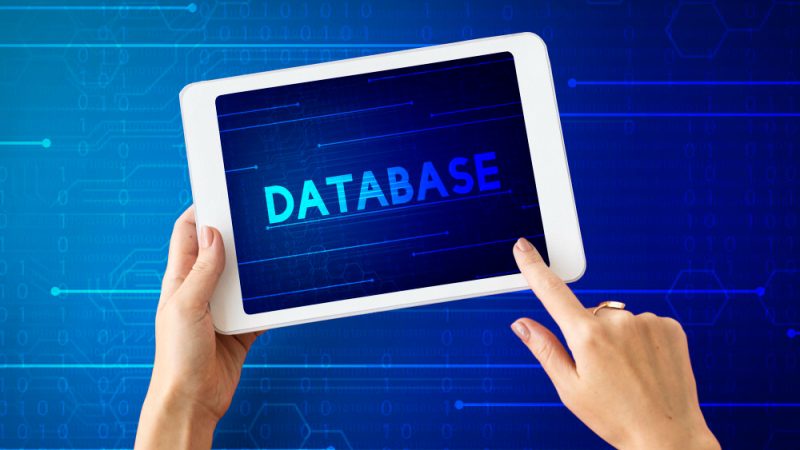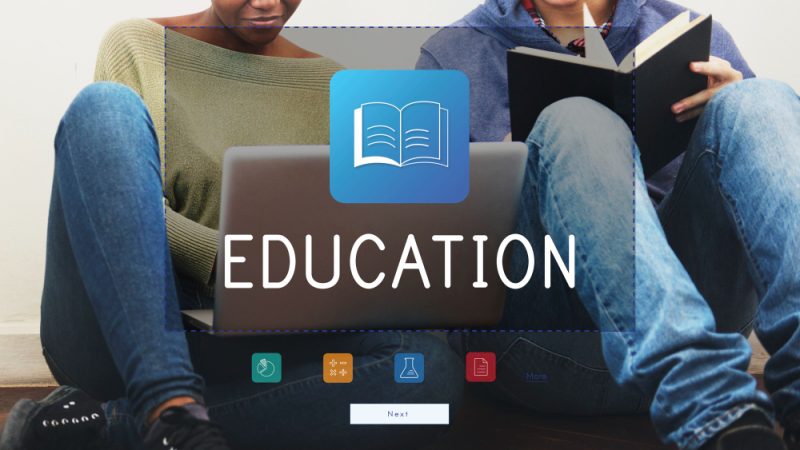Adaptive Learning Software: A billion-dollar industry that focuses on microlearning, personalized learning, and distance education

Adaptive learning is a technology-based online education system that works on customized learning patterns for students. It analyses student performance and modifies the teaching data to address the demand of individuals through customized contents and resources and real-time feedback with trainers.
Adaptive learning has been in the picture since the 1950s but did not come to light due to a lack of technology. Today in these times, technology in education is playing a crucial role for educators, students, and teachers. Furthermore, the advent of Artificial Intelligence (AI) and Machine Learning (ML) technology has helped students to gain education through various methods.
Report by ASTUTE Analytica analyses the overall demand of the adaptive learning software to grow at a CAGR of 21.8% for the forecast period 2021-2027. The business model of adaptive learning software market is gaining positive traction owing to increasing demand for distance-learning courses supported with integration of education and technology offered by various market participants such as Coursera, EDx, Udemy, and others.
How Adaptive Learning is Different from Traditional Learning?
Most learning models have fixed courses, and every learner is given the same course to complete. However, all learners are different in their way of learning, age, and tech proficiency, and adaptive learning platforms support these differences as they first analyse information and learning pattern of students and thereafter changes according to the demand.
More about Adaptive Learning
When each learner or employee is trained, the organization meets its business goals efficiently. Understanding the importance of adaptive learning will help the learner to grasp its importance.
Opportunity and Strengths of Adaptive Learning
- Adaptive learning is flexible and can be adjusted which suits the learner.
- Adaptive learning can facilitate self-assessment.
- Adaptive learning is the path to increase better learning performance.
- The combination of teachers and adaptive learning technology can contribute to a powerful learning experience for the students.
- The approach of adaptive learning makes the performance of learners visible by test and score on a learning objective.
How adaptive learning platforms can be a headache?
- To many quizzes, assessments, the test can demotivate the learners if one performance is not good.
- Learners can feel lonely in an adaptive-only platform.
- Adaptive learning is not always suitable for learners to teach them a learning experience as personal experience cannot be shared in adaptive learning software.
- The development and design part of adaptive learning software is made accurately but errors can be found due to the complexity in content serving and tests.
- Endless adaptivity or full personalization is difficult to achieve and on the other hand, limited adaptivity may lead to insecurities among learners.
- The path that learners take learning through adaptivity may lead to overjumping of learning content and relations to problem-solving the learner may feel miss out.
Benefits of Adaptive Learning
- One-on-One Learning Process- Adaptive learning provides focused and full attention to the individual. The concepts use AI and ML to make accustomed to the learner needs, responses, and tasks. This, in turn, lessens the gap between the students and education.
- Adaptive learning helps teachers as well as students- As learners used adaptive learning software, teachers analysed the data and understands the individual needs. To figure out one’s strengths and weaknesses will take hours especially with more numbers of students. With the help of adaptive learning teaches easily learning where students are struggling and they can change the method of their teaching.
- Boosts Confidence in Learners- Adaptive learning helps students to meet their unique requirements to master their skills. Since learning gets easy with the help of adaptive learning software which eventually boosts their confidence.
- Time Effective Approach- Adaptive learning helps teachers, students to identify loopholes, promoting them to focus more on that subject. This saves time for both the teachers and students.
- Adaptive Learning engages the student’s area between comfort and frustration zone- AL technology accesses the Zone of Proximal Development (ZDP). It is an area between student comfort and frustration zone. It is the area where students are not repeating things, they have mastered nor challenging themselves in such a way that they get discouraged and become frustrated.
- Schools and Universities across the country have adopted adaptive learning software and techniques- Schools and Universities across the country have adopted the adaptive learning software. The platform allows students to learn at pace, participate in virtual labs, receives constant feedback and other activities.
- BE PICKY, when it comes to adaptive learning- When it’s time to get choosy choose adaptive learning software that suits you best, challenges you at an appropriate level, emulates the teachers-student experience.
Adaptive Learning Platform Examples
There are several examples of Adaptive learning technologies such as Prodigy math, which teaches math to children, Byju app with unique features such as actionable feedback, learning journeys, and many more, next NLP app which brings forth adaptive assessments as part of the learning management system, and many more.
Conclusion
Adaptive Learning is the new way of teaching and is the future of education. Schools and colleagues who deliver education through adaptive learning platforms will gain an advantage over those who don’t. Adaptive learning is a technique that is used for personalized training, which aims to provide an efficient and effective way of education to the learners.
Athour Bio
Emma is a freelance writer and content strategist who offers to ghostwrite, blogging, and copywriting services. She has a keen interest in content marketing with a hold on social media management and market research. With more than five years of experience in writing for different domains, currently, she is exploring a new area of interest in “Information Technology”. Pitch her out to discuss interesting and niche IT domains that are blooming in integration with modern technologies.






